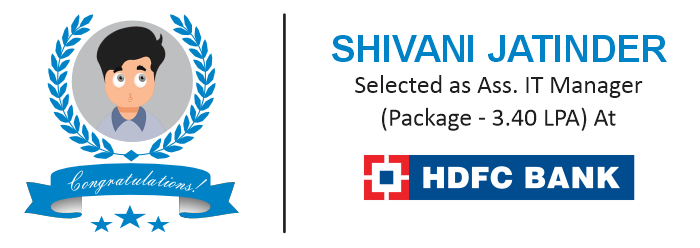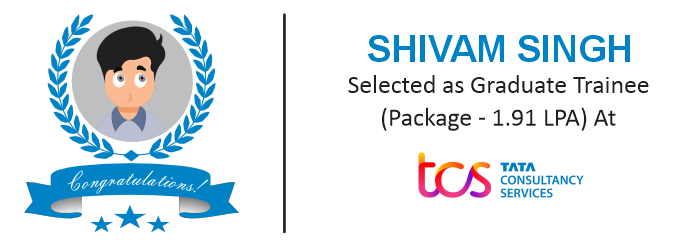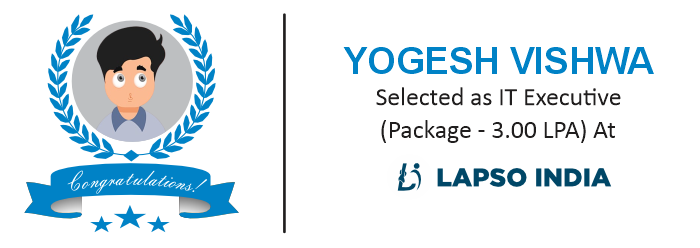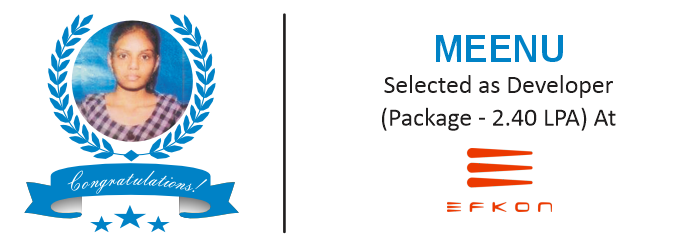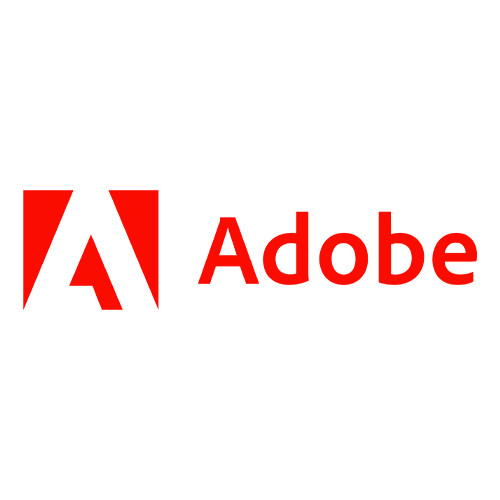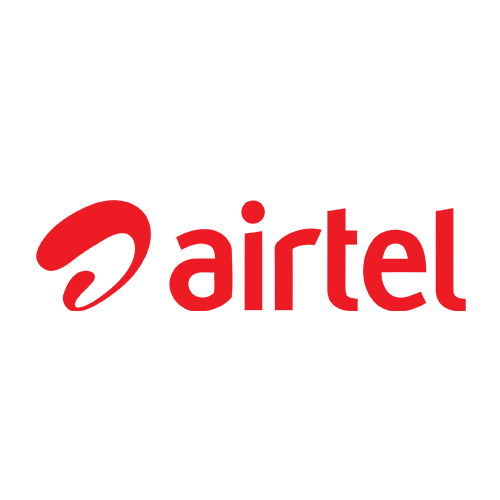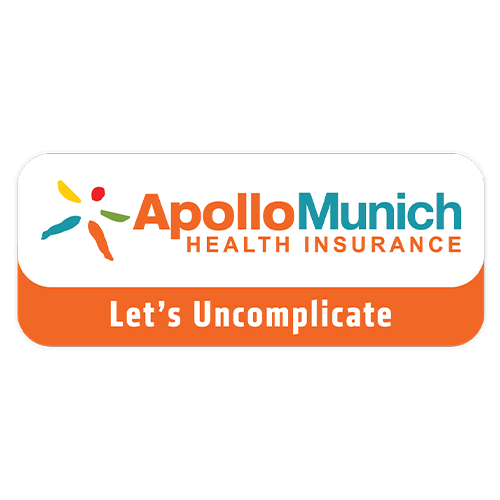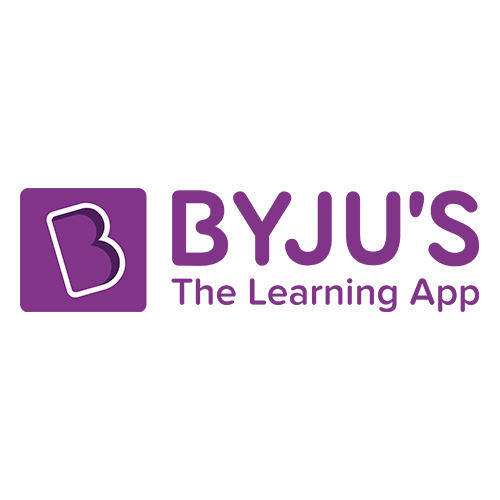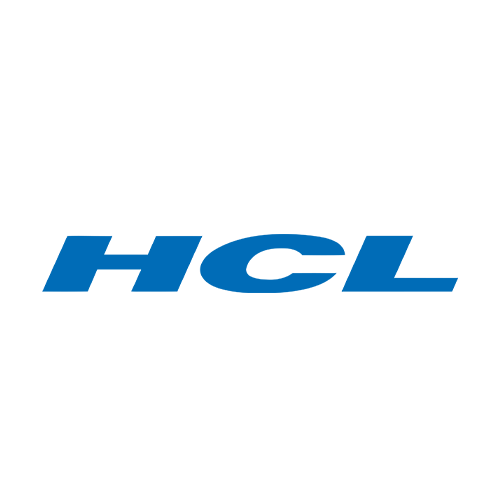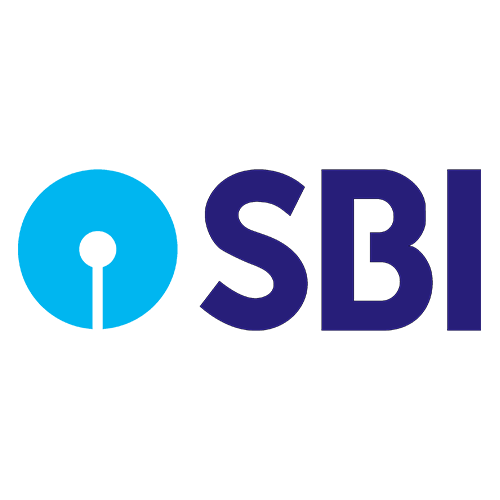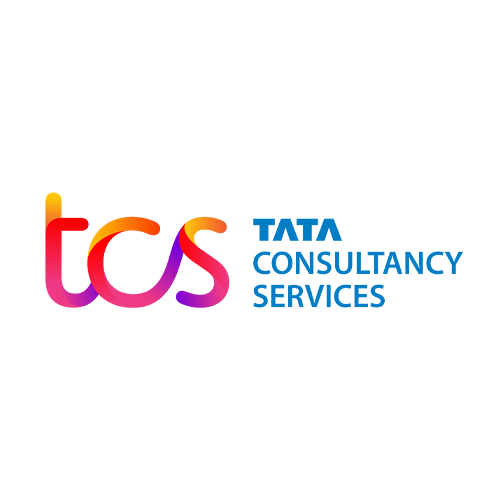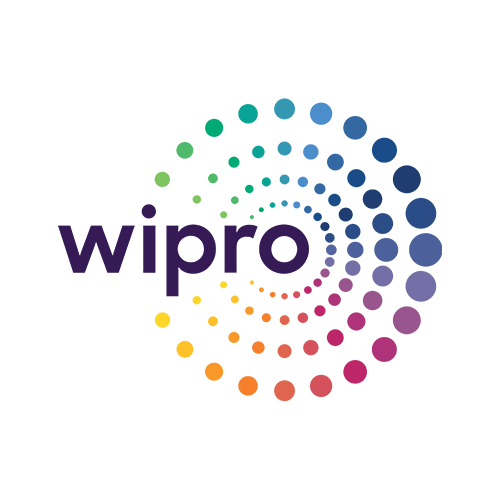Enquiry For Demo
Full Stack PHP with WordPress Certification
Boost up Program for Mastermind & Growth Hack
Course Objectives:
Learn PHP basics for web development.
Install, configure & customize WordPress sites.
Create custom themes and plugins.
Manage MySQL databases with WordPress integration.

Full Stack PHP with WordPress Technology
Module 1:Introduction to Web Development
- Client-Server Architecture
- Front-End vs. Back-End Development
- Full Stack Development Overview
- PHP Basics: Syntax, Variables, and Data Types
- Control Structures (If, Switch, Loops)
- Functions and Error Handling
- Working with Forms in PHP
- PHP File Handling (Reading and Writing Files)
Module 2: Front-End Development with HTML, CSS, and JavaScript
- HTML Structure: Elements, Tags, and Attributes
- Forms, Tables, and Lists in HTML
- Introduction to CSS: Selectors, Properties, and Values
- Layout Techniques: Flexbox, Grid, and Box Model
- Responsive Web Design: Media Queries, Viewport
- CSS Frameworks: Introduction to Bootstrap
- Introduction to JavaScript: Syntax, Variables, Functions
- DOM Manipulation and Events
- JavaScript Arrays, Objects, and Loops
- Introduction to AJAX for Asynchronous Requests
- JSON for Data Exchange
Module 3: Introduction to Databases and MySQL
- Introduction to Databases and SQL
- Creating and Managing Databases and Tables
- Inserting, Updating, and Deleting Records
- SELECT Queries: Filtering, Sorting, and Grouping Data
- JOIN Operations and Relationships between Tables
- Connecting PHP with MySQL Database
- Performing CRUD Operations with PHP
- SQL Injection Protection Techniques
- Passing Data to Views
- Prepared Statements and Parameterized Queries
- Database Design Best Practices
Module 4: PHP Object-Oriented Programming (OOP)
- Classes and Objects
- Properties and Methods
- Constructors and Destructors
- Access Modifiers (Public, Private, Protected)
- Inheritance and Polymorphism
- Interfaces and Abstract Classes
- Namespaces and Autoloading
- Dependency Injection and Design Patterns (Singleton, Factory)
- Working with PDO (PHP Data Objects) for Database Access
- Error and Exception Handling in OOP
Module 5: Introduction to WordPress Framework
- What is WordPress? Overview and History
- Installing and Configuring WordPress
- WordPress Dashboard and Admin Panel Overview
- Themes and Plugins in WordPress
- Introduction to WordPress Directory Structure
- Understanding WordPress Theme Structure
- Creating a Custom Theme: Functions.php and style.css
- Template Hierarchy and Creating Custom Templates
- WordPress Loop: Displaying Posts and Pages
- Using WordPress Template Tags
- Enqueuing Scripts and Stylesheets
- Introduction to Plugins: What and Why?
- Creating a Simple WordPress Plugin
- WordPress Plugin Hooks: Actions and Filters
- Working with Shortcodes
- Creating Custom Widgets and Settings Pages
- Securing Your Plugin: Best Practices
Module 6: Advanced WordPress Development
- Understanding Post Types and Taxonomies
- Creating Custom Post Types
- Working with Custom Taxonomie
- Best Practices for Laravel Applications
- MVC Design Pattern
- Dependency Injection and Service Providers
- Laravel’s Service Container
- Query Caching and Database Indexing
- Caching with Laravel
- Optimizing Blade Views and Assets
- Laravel’s Service Container
- Writing Unit and Feature Tests
- Debugging with Laravel Debugbar
- PHPUnit Testing with Laravel
Final Project
- Students will work on a full-stack web application using Laravel for the backend, PHP for server-side logic, and JavaScript/HTML/CSS for the frontend.
- Implementing a complete CRUD system, user authentication, API integration, and using advanced features of Laravel.
- Project Deployment to a production server.
End-to-End Career Assistance
Comprehensive Career Support to Help You Shine
Upgrade and polish resumes to make them stand out to potential employers.
Learn From digital marketing industry experts with real-world experience.
Develop presentation skills and refine projects with constructive feedback from peers and instructors.
Dedicated Assistance to help figure out the right step for your career.
We ensure each student receives focused as we teach them key concepts
Comprehensive Guidance to master interview skills & land your dream job.
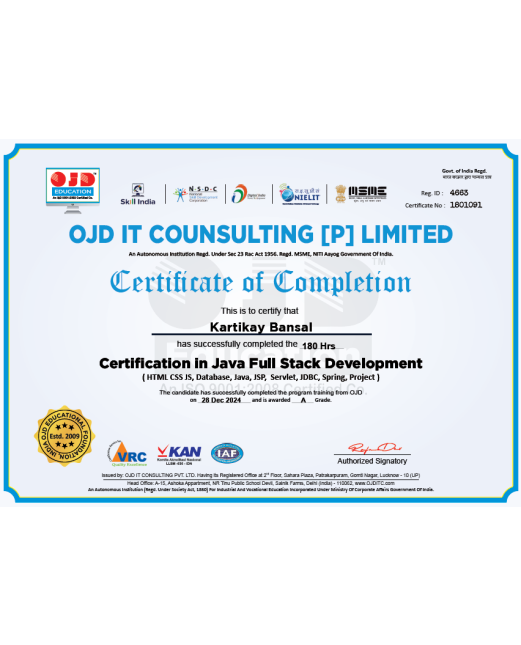
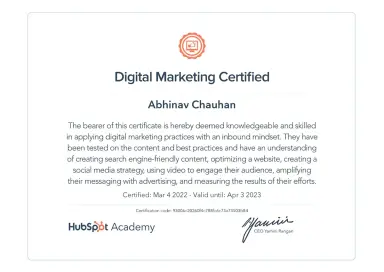
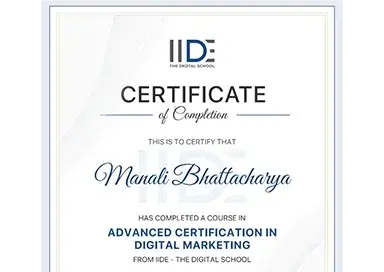
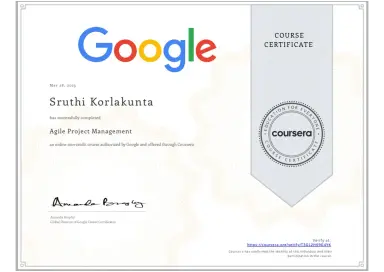
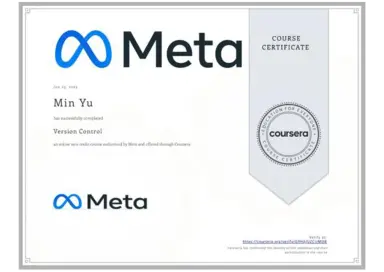

Be in the spotlight by getting certified!
Industry-Recognized Certificate
Aonsectetur adipiscing elit Aenean scelerisque augue vitae consequat Juisque eget congue velit in cursus leo
Stand Out in Job Market
Hammer out we need to socialize the comms with the wider stakeholder community exposing new ways to evolve
Your Passport to Career Growth
Focus on the customer journey we need to socialize the comms with the wider stakeholder community upsell window-licker
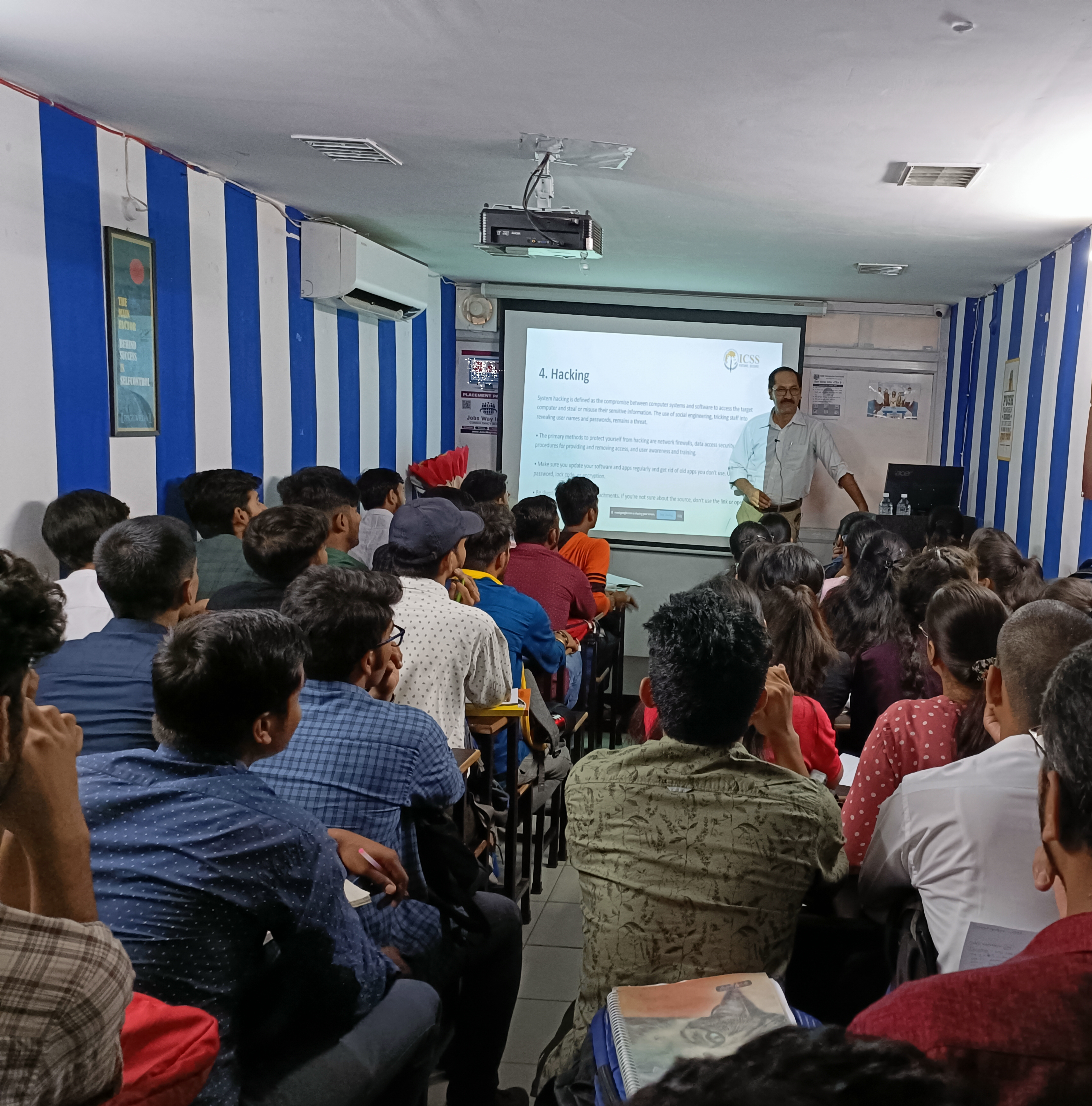
Offline
Online
Recorded
Total Program Fee:
₹30,500 ₹25,500
- Live instruction from Industry Veterans
- Vibrant community just like a College Campus
- Hands-on curriculum with Real-Life Projects
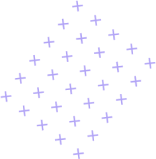 Apply Now
Apply Now






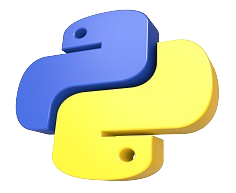
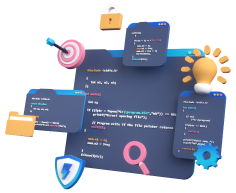
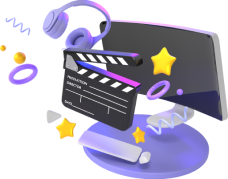
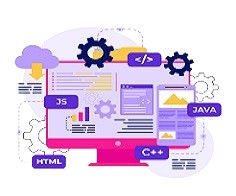
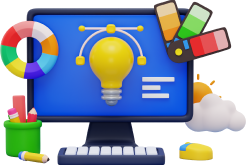
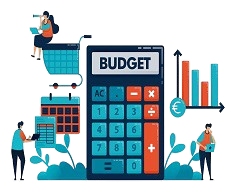
.png)
